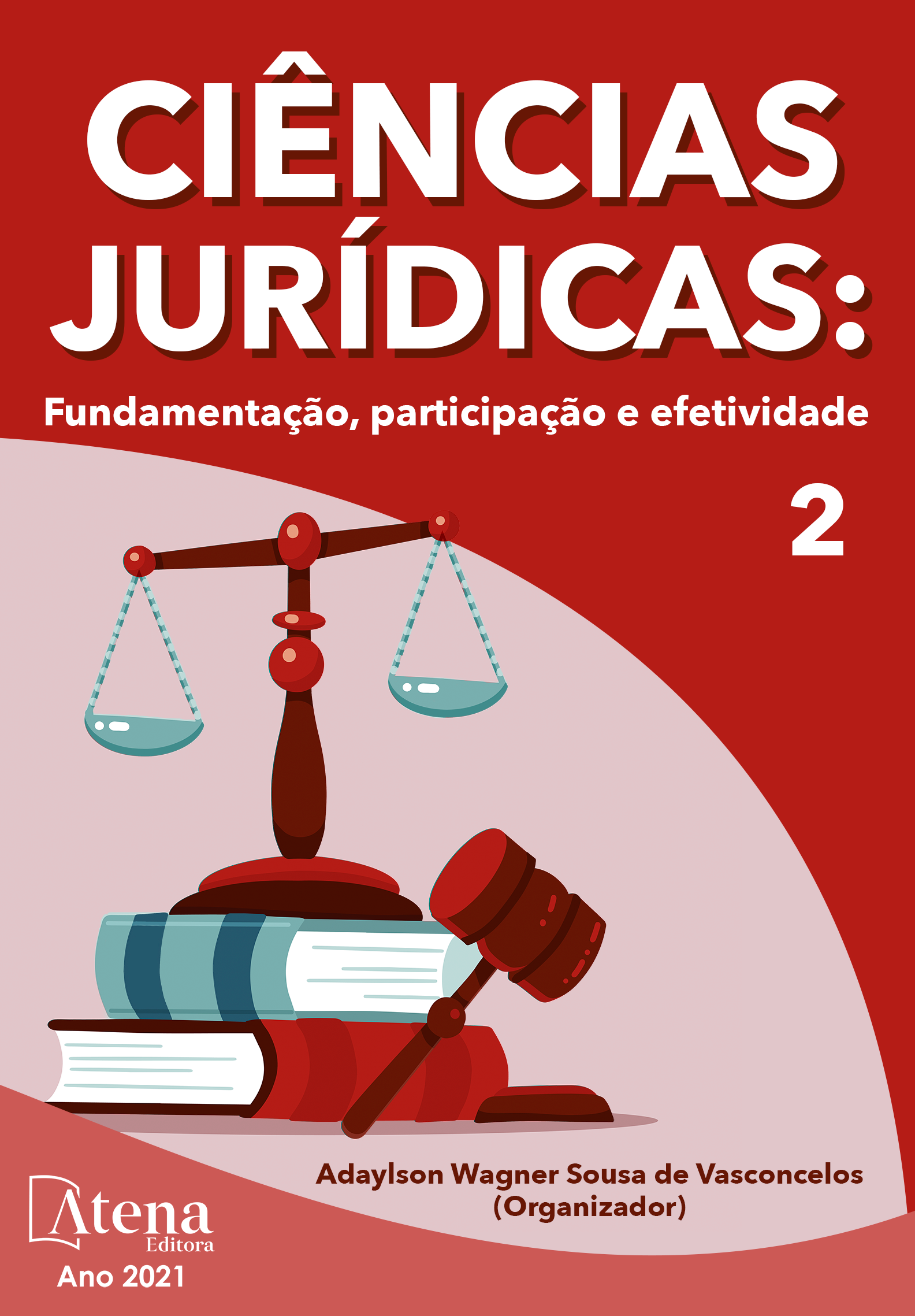
Análise do Serviço Eletrônico de Transporte Privado Urbano por meio de Aplicativos e seus Impactos Jurídicos e Concorrenciais - Aspectos Regulatórios
O sistema econômico dominante, qual seja o capitalismo, baseia-se na livre iniciativa, expressada através de iniciativas disruptivas, sendo o caso da empresa Uber e serviço por ela prestado à sociedade. Ao passo em que a popularidade desta empresa cresce, nota-se imperiosa a regulamentação do Estado sobre tal matéria, vez que a própria comunidade atingida por tais serviços (tanto os consumidores como os motoristas) passa a reclamar sobre a então ausência de leis. Deste modo, o aspecto regulatório desta pesquisa busca analisar os impactos urbanos causados pelo serviço prestado pela empresa Uber e como a normatização pode diminuir, ou não, eventuais externalidades, usando, para isto, o método de estudo comparativo, no qual foram analisadas as leis de regulamentação do Táxi e do Uber presentes no ordenamento jurídico nacional, concluindo-se que o serviço da Uber, por possuir características diferentes àquelas do Táxi, não fere, pois, o monopólio legal deste último, bem como a forte tendência pela desregulamentação deste serviço em vista dessa ausência de concorrência.
Análise do Serviço Eletrônico de Transporte Privado Urbano por meio de Aplicativos e seus Impactos Jurídicos e Concorrenciais - Aspectos Regulatórios
-
DOI: 10.22533/at.ed.90621150613
-
Palavras-chave: UBER; TÁXI; REGULAMENTAÇÃO; BRASIL; LEGISLAÇÃO
-
Keywords: UBER; TAXI; REGULATION; BRAZIL; LAWS
-
Abstract:
The dominant economic system, namely capitalism, is based on free enterprise, expressed through disruptive initiatives, as is the case of Uber and the service it provides to society. As the popularity of this company increase, it is imperative that the State regulate this matter, since the community affected by such services (both consumers and drivers) start complaining about the lack of laws. Thus, the regulatory aspect of this research seeks to analyze the urban impacts caused by the service provided by Uber and how regulation can reduce, or not, eventual externalities, using the method of comparative study, in which the laws regulating Taxi and Uber present in the national legal system were analyzed, concluding that Uber's service, by having different characteristics to those of Taxi, does not hurt the legal monopoly of the latter, as well as the strong tendency for deregulation of this service in view of this lack of competition.
-
Número de páginas: 8
- Gustavo Ramos Carneiro Leão
- Beatriz Martins Maciel


